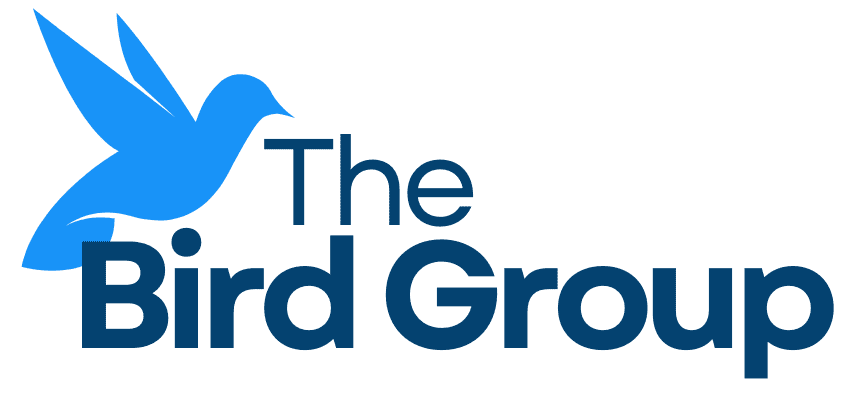“People who utilize their natural…talents are much more fulfilled and successful than those who don’t.
Teams and organizations that help people tap into their … talents are much more successful and productive than those who don’t.” Patrick Lencioni, The Six Types of Working Genius”.
When I read the quote above, from Lencioni’s book recommended to me by a friend, it seemed too obvious to be said. Of course we do much better, both performance-wise and happiness-wise, when we do what we’re good at. But as I reflected further on the topic, the realization of how often we insist on asking our employees to play to their weaknesses rose within me. We all have stories of promoting an excellent salesperson to become an administrator, or asking a mortgage originator to get better at the documentation of the loan application. A good mortgage originator would not be, almost by definition, a strong detail-oriented person. And a strong salesperson might not be a good team lead. By asking people to make what doesn’t come naturally to them, not part of their innate talent, a large par of their job, we are setting them for less success and less joy at work.
We all understand that work isn’t always fun, but it is a good and noble goal to make it as joyful as possible by allowing our employees to tailor their job to their strengths. Lencioni identifies six categories of talent (what he calls “genius”). He posits that each person has great strength in two out of the six, and their work will be most satisfying if they spend more of their time utilizing those talents. Two of the six are competencies, which they can do well but find neutral. And two are torturous, draining our joy and frustrate us.
Lencioni likens these categories to coffee. “Working genius is like a thermos that we fill with hot coffee and then tightly put a lid over it. The heat and energy in that thermos will last for a long, long time. Similarly, when we work within our geniuses, we can stay energized and motivated almost indefinitely.
Working competency is more like pouring coffee into a regular cup and putting a plastic lid on it… The coffee will stay hot for a while, but eventually it will grow cooler and finally cold.
Working frustrations would be like pouring coffee into a cup, but one that has a small hole at its bottom. The heat of that coffee, even the coffee itself, will last a very short period of time.”
While this book, like StrengthFinder, is a tool that embodies the idea of identifying one’s strengths and building one’s career around those strengths, it makes a stronger and more poignant point of noting the negative aspects of mismatching one’s talents with their work. This concept is not new, and is also quite intuitive, but we it often neglected, even when we conduct personality testing on job applicants.
It is incumbent on all of us managers to find ways to increase the joy our teams get from work and reduce their frustrations by placing the right talent sets in the right jobs, and finding creative ways to promote, pay and reward people without compelling them to expand their responsibilities well beyond their talent set.
No job is full of joy. We all experience frustrations daily in our respective roles. But, like Marie Condo said, “joy or no joy” is an important guiding principle. Life is too short!
